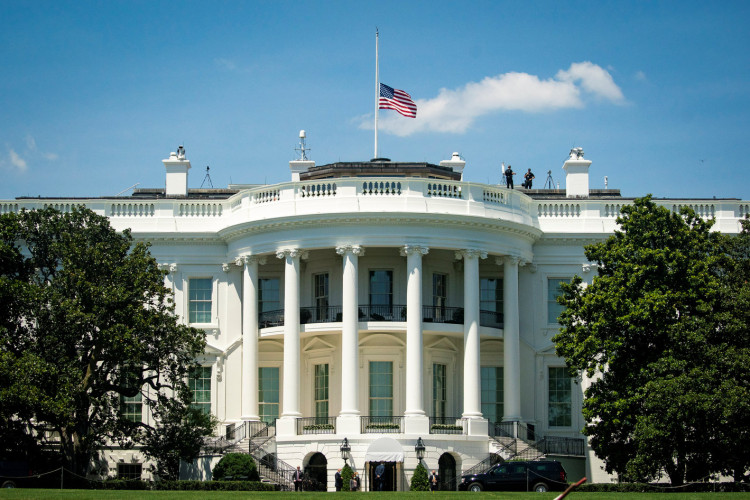The U.S. Congressional Budget Office (CBO) has issued a stark forecast for the nation's fiscal future, projecting that the federal budget deficit will exceed $1.6 trillion this year and swell by an additional $1 trillion over the next decade. This alarming expansion in the deficit is attributed primarily to an aging population, escalating net interest costs on federal debt, and increased spending on mandatory programs such as Medicare, Medicaid, and Social Security.
According to the CBO's latest 10-year outlook, net interest costs are set to balloon, with government spending on debt service predicted to surpass any level seen since 1940 relative to the economy's size starting next year. This growing financial burden underscores the challenges posed by the national debt, which is expected to escalate from 99 percent of the Gross Domestic Product (GDP) this year to a staggering 116 percent over the next decade. By 2054, the debt-to-GDP ratio could soar to an unprecedented 172 percent, although these figures represent a slight improvement from previous CBO forecasts.
The budget office's report also highlights the impact of immigration on the U.S. workforce and economy. Increased immigration is projected to contribute to a larger workforce, thereby stimulating economic growth and enhancing federal revenue by approximately $1 trillion over the coming decade. The CBO anticipates the labor force will expand by 5.2 million more individuals by 2033 than previously estimated.
Despite these challenges, the CBO notes that the economy experienced robust growth in 2023 and anticipates inflation will continue to decelerate this year, aligning with the Federal Reserve's long-term target of 2 percent. The central bank is also expected to reduce interest rates in the upcoming months, with a slight uptick in inflation projected for 2025 before it declines again.
For fiscal 2024, the CBO projects a marginally smaller deficit of $1.507 trillion, thanks to increased revenues buoyed by a strong economy and employment levels. This year's deficit is expected to decline from $1.695 trillion in fiscal 2023 but will likely resume its upward trajectory to $1.772 trillion in fiscal 2025, ultimately reaching $2.579 trillion by fiscal 2034. The 10-year cumulative deficit is now estimated at $20.016 trillion for the fiscal 2025-2034 period, a slight reduction from last year's forecast.
CBO Director Phillip Swagel attributed the smaller projected deficit to caps on discretionary spending and a greater economic output, partly due to a more substantial workforce. The increase in workers, primarily resulting from net immigration, is expected to enhance economic output by $7 trillion and boost tax revenues by $1 trillion over the 2023-2034 period.
However, the CBO also warns of rising net interest costs consuming a more significant portion of the budget. By 2024, net interest costs are anticipated to reach $870 billion or 3.1 percent of GDP, nearly doubling to $1.628 trillion or 3.9 percent of GDP by 2034. Additionally, the cost of clean energy tax credits under the Biden administration and reduced gasoline tax revenues due to new emissions standards are expected to increase the deficit by $25 billion in fiscal 2024 and $428 billion over the 2024-2033 period.
As Congress grapples with reaching a consensus on pressing issues such as aid for Ukraine and Israel and government funding, the CBO's projections underscore the daunting fiscal challenges facing the United States in the years ahead.






